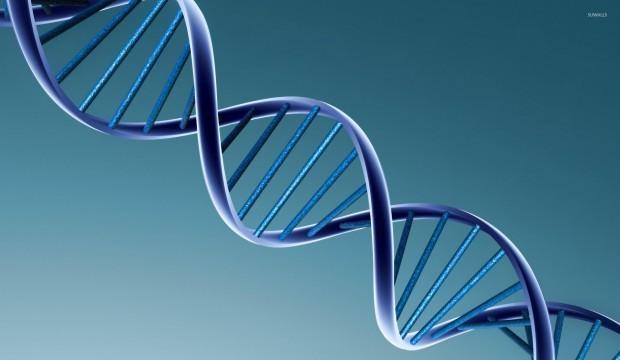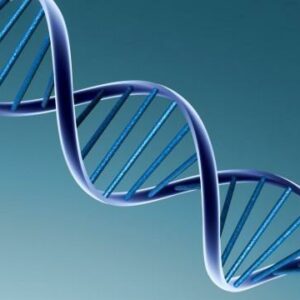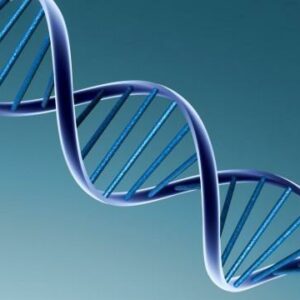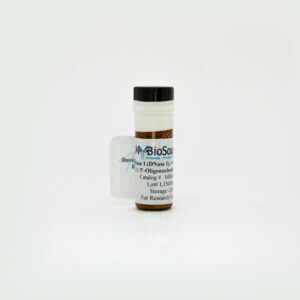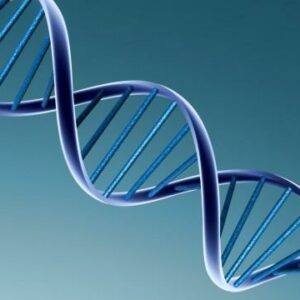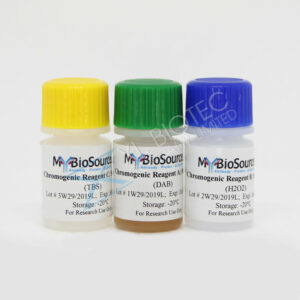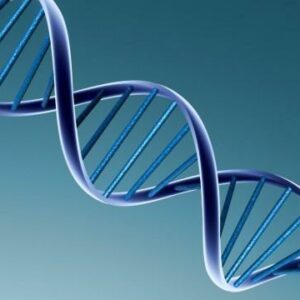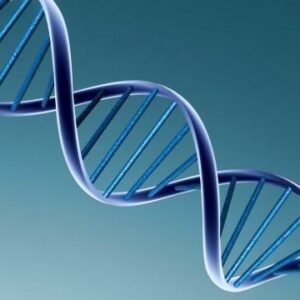JBS Error-Prone Kit
฿24,090.00
Description:
JBS Mutagenesis Series
Within three billion years of evolution, nature has produced a plethora of proteins simply by repeated cycles of random mutagenesis followed by in vivo selection for superior function of the encoded proteins. This example of natural evolution has guided researchers within the last two decades to develop strategies for in vitro permutation of proteins.
Among the variety of strategies applied, three major powerful techniques have emerged.
Random Mutagenesis by dNTP Analogs
This method is based on the incorporation of mutagenic dNTP analogs, such as 8-oxo-dGTP and dPTP, into an amplified DNA fragment by PCR. The mutagenic dNTPs are eliminated by a second PCR step in the presence of the four natural dNTPs only, resulting in a rate of mutagenesis of up to 20%.
→ JBS dNTP-Mutagenesis Kit #PP-101
Random Mutagenesis by Error-Prone PCR
Developed by Caldwell & Joyce (1992) this method introduces mutations in the gene of interest using a PCR reaction under conditions that induce an increased error-rate of the DNA-polymerase. The rate of mutagenesis achieved by error-prone PCR is in the range of 0.6-2.0%.
→ JBS Error-Prone Kit #PP-102
Random Mutagenesis by DNA Shuffling
Developed by Stemmer (1994) DNA shuffling generates libraries by random fragmentation of one gene or a pool of related genes, followed by the reassembly of the fragments in a self-priming PCR reaction. This method allows the recombination of sequences from different, related genes. The overall rate of mutagenesis is approx. 0.7%.
→ JBS DNA-Shuffling Kit #PP-103
Jena Bioscience now offers all components necessary for each of these techniques ‘ready-to-go’ in a separate kit, accompanied by a streamlined documentation that maximizes success.
Content:
Taq Polymerase (red cap)
5 units/μl, 20 μl
10x Reaction Buffer (blue cap)
10x concentration, 100 μl
10x Error-prone Solution (yellow cap)
10x concentration, 100 μl
dNTP Error-prone Mix (white cap)
unbalanced dNTP ratio (dATP, dCTP, dGTP, dTTP), 40 μl
PCR-grade Water (white cap)
1 ml
Random Mutagenesis by Error-Prone PCR
The standard DNA polymerases used in conventional PCR reactions display error rates that are usually not suitable for directed mutagenesis experiments. For example, proofreading enzymes such as Pfu exhibit error rates in the range from 10-6 to 10-7 whereas non-proofreading enzymes like Taq Polymerase show error rates in the range from 10-4 to 10-5. This rate however, can be significantly enhanced by modifying the following parameters of a PCR-reaction:
- Higher Mg2+-concentration of up to 7 mM
- Partial substitution of Mg2+ by Mn2+
- Optimized dNTP concentrations at unbalanced rates
Recommended assay preparation
- For a 50 μl reaction, take 5 μl of 10x Reaction Buffer in a sterile vial and refer to Tab. 1.
- Add 2 μl dNTP Error-prone Mix.
- Add template and appropriate primers. Note that depending on the template the required concentration can be up to 10 times higher compared to standard PCR.
- Add 0.4-1 μl Taq Polymerase as recommended.
- Add PCR-grade Water to a final volume of 45 μl.
- Add 5 μl of 10x Error-prone Solution. Note that the solution should be added last to the reaction mixture to prevent precipitation and must be protected from oxidation (oxidation of Mn2+ to Mn3+ may destroy the polymerase).
Tab. 1: Amounts of components for error-prone PCR conditions (50 μl PCR assay)
| Component | Amount | Final conc. | Cap |
| 10x Reaction Buffer | 5 μl | 1x | blue |
| dNTP Error-prone Mix | 2 μl | unbalanced ratio | white |
| Primers | 20-100 pmol | ||
| Template | 3-100 fmol / 2 – 50 ng | ||
| Taq Polymerase | 0.4-1 μl | 2-5 units | red |
| PCR-grade Water | Fill up to 45 μl | white | |
| 10x Error-prone Solution | 5 μl | 1x | yellow |
Recommended thermocycling conditions
| Denaturation | 94°C | 30 sec |
| Annealing1) | approx. 45-68°C | 30 sec |
| Extension2) | 72°C | 1 min |
Number of cycles: 30
1) The annealing temperature depends on the melting temperature of the primers.
2) The elongation time depends on the length of the fragments to be amplified. A time of 1 min per kbp is recommended.
For optimal specificity and amplification an individual optimization of the recommended parameters may be necessary for each new template DNA and/or primer pair.
| Vendor | Jena Bioscience |
|---|
Related products
Molecular Biology
Molecular Biology
Molecular Biology
Molecular Biology
Molecular Biology
DAB Horseradish Peroxidase Chromogenic Kit (Brown), Chromogen Kit
Molecular Biology
Molecular Biology
Molecular Biology


